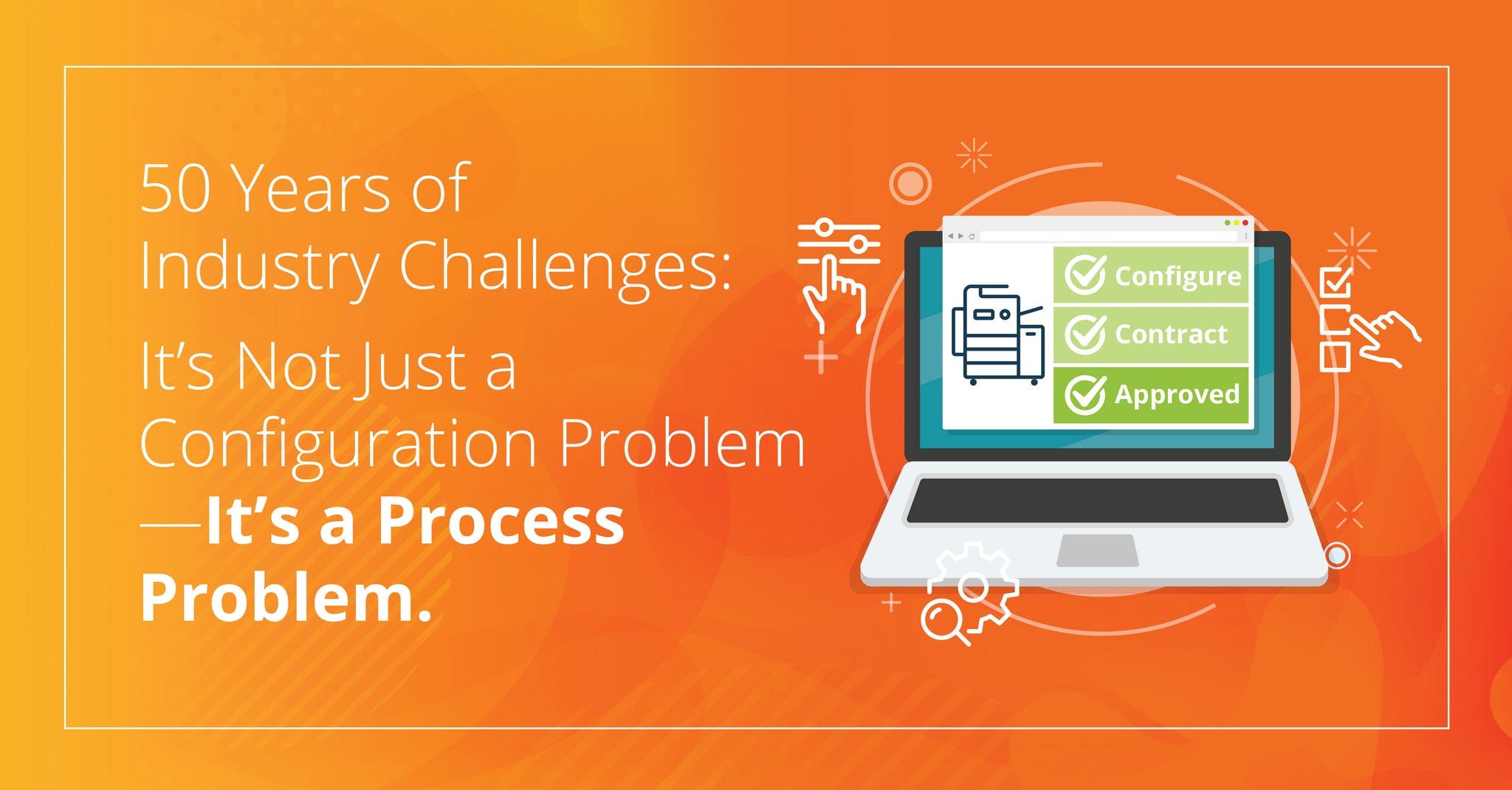
With all of the uncertainty in today’s market—especially among larger office equipment and technology resellers, I thought this would be an interesting topic to explore. MPSToolbox runs the gamut of resellers—from OEMs to one to two-person shops. Our conclusion? Bigger is not always better.
Here’s our thinking.
In the good old days, well, anything before March of 2020, office equipment dealerships had a clear pathway to business success. Grow. As you get bigger, your business scales well, sales, service, and administration all became better with increased sales. The bigger you got, the more attention you got from OEMs, as well as the various “roll-ups” that bought dealerships like kids collecting trains.
Acquisitions have slowed to a crawl. Most acquisitions we are seeing have been in the works for a long time, or the seller is in financial duress.
The Benefits of Size:
- Larger dealerships have long-standing OEM relationships that give them lower cost products, parts, and services
- OEMs provide development funds for infrastructure, marketing and sales efforts
- Financial service companies tend to extend credit easier to larger entities
- Layers of administration can be scaled back when sales slow
- Sales and service headcount can be reduced to match requirements
Smaller companies have difficulty descaling. If your sales and service dropped 30-40%, and you only have one or two sales, service and admin staff, where do you cut back? If you don’t have management layers, then those functional teams are binary: you either have them or you don’t. Smaller businesses also tend to quickly re-invest profits back into the business and so they often have a short runway to make critical business decisions compared to their larger competitors.
Smaller dealers are more nimble—should they choose to act like smaller dealers! These are advantages to being smaller, provided you act like it.
Let’s revisit your three largest functional areas again.
Service
My read on the industry is that field service is no longer a cornerstone of your offering. Winning companies have smaller service organizations. They sell devices requiring less service. Smaller dealerships have an ability to choose among products that have this architecture. With so many service technicians recently laid off, and companies like Field Nation, Barrister or LMS that can provide service on a per use basis, and often have redundancy, why do you still need an in-house field service team? They offer highly competitive rates and a variety of skill sets your current team does not. Is service really your differentiator? (Every company I talk to tells me it is, but if everyone thinks it is, it means it MUST NOT BE TRUE).

Administration
Can you outsource this function to the point where you can reduce headcount? I spoke to Nexera about a business they continue to build out where they can manage much of the service management and billing for smaller dealerships. Who better to rely on for this function than the company that has built a business on making service teams more efficient?
Sales
The relationship larger companies have with OEM partners has its drawbacks. They will continue to bind you to their product offerings. They don’t want you to branch out to other business opportunities and risk lowering their own sales. In exchange they offer you rewards, discounts and the like, but (and there’s always a but :-) ), when would they advise you to change your business direction? If not now, when? You need to diversify your product offerings, reduce headcount, and implement these important changes.
Of course, we think e-commerce is a big part of this solution. Is it time to start acting like we are in the midst of an emergency?


